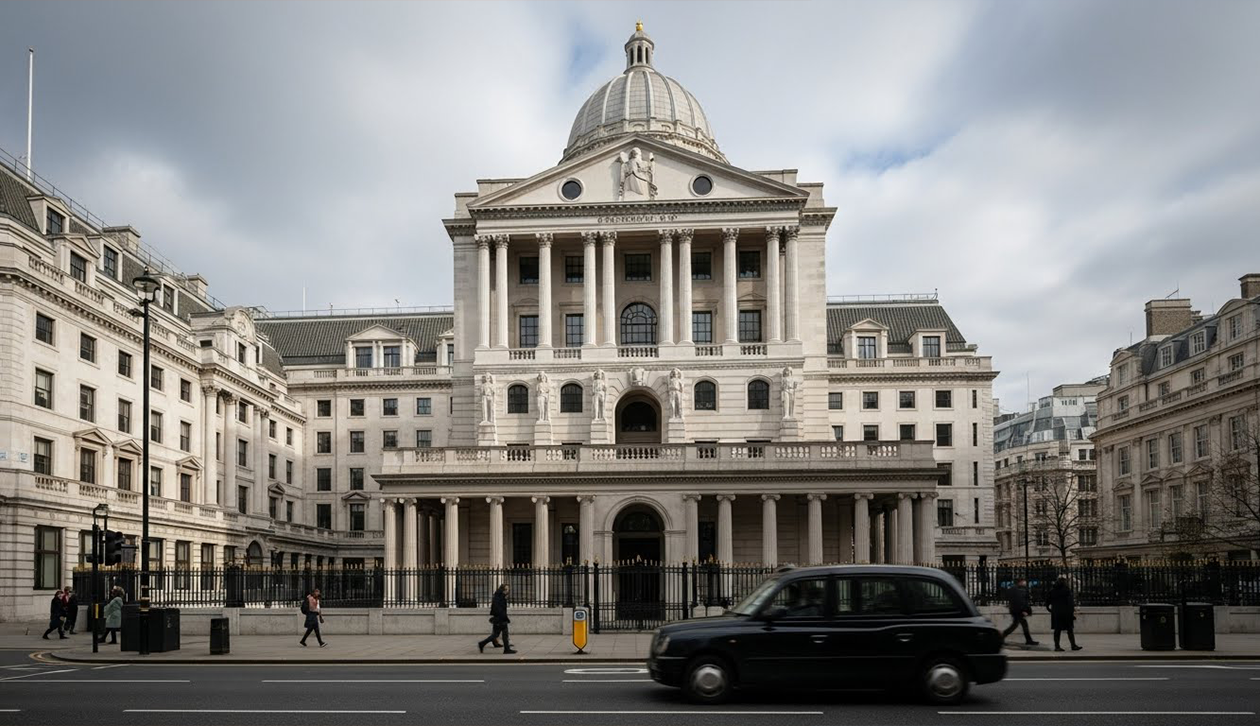The G7 countries, with the most advanced economies, are nevertheless affected by the current global economic issues just as the rest of the world, with a roughly 15 per cent probability of recession. The International Monetary Fund (IMF) predicted that the UK would fall behind Canada, France, Germany, Italy, Japan, the USA, and the EU by 0.5 per cent by 2023.
The war Russia waged against Ukraine, and the economic struggles during the pandemic which have still left a negative mark on several businesses, have since been the major reasons for all the economic shocks that the UK faces, now going through robust inflation and relatively slow economic growth.
Whilst the country’s economy remains strong this year, the combined high inflation and bank interest rate are expected to take full effect in the next. The energy price cap structure may be another element to look into as it may have subdued inflation in the earlier parts of this year but just raised it later on.
The inflation rate in the UK has reached 9.1 per cent, whilst the bank interest rate has risen to a total of 1.25 per cent. The energy price cap increased up to £1,971 for direct debit payers and £2,017 for prepayment meter users.

Many EU countries grapple with inflation, but the UK would take on a heavier toll, as warned by Andrew Bailey, the Bank of England’s governor, asserting that inflation may linger longer in the UK than in other countries. He added that “the UK economy is probably weakening rather earlier and somewhat more than others.”
As for businesses, worrying has set in for a lot of reasons. With the high inflation rate, the customers have been hesitant and really trying to curb their purchases, even of essential products.
Andrew Bailey’s view on this matter relates back to Brexit as what economists predicted in theory, believing that Brexit would only make the tradeoff between growth and inflation more difficult. Labour shortages and trade barriers might become one reason that inflation remains stubborn as it is, which can then possibly lead to another interest rate increase.
Pierre-Olivier Gourinchas, IMF’s Chief Economist, posits a solution: “Inflation at current levels represents a clear risk for current and future macroeconomic stability and bringing it back to central bank targets should be the top priority for policymakers. Tighter monetary policy will inevitably have real economic costs, but delaying it will only exacerbate the hardship.”
Businesses can significantly make use of advice from experts on how to manage their enterprise, especially during a tight economy. Legend Financial can guide them through these crises.
References
IMF: UK set for slowest growth of G7 countries in 2023. (28 July 2022). Retrieved from BBC News: https://www.bbc.com/news/business-62299490
Why is the UK economy suffering more than other countries? (1 July 2022). Retrieved from BBC News: https://www.bbc.com/news/business-61997353
Firms warn time is running out to save UK economy. (30 June 2022). Retrieved from BBC News: https://www.bbc.com/news/business-61987071








